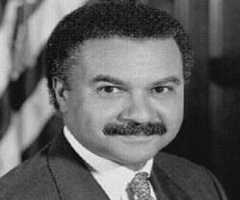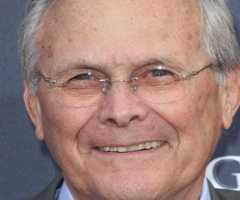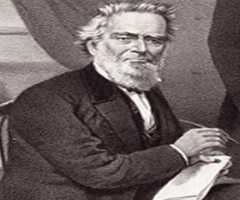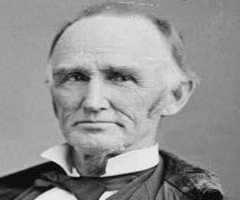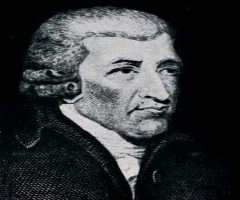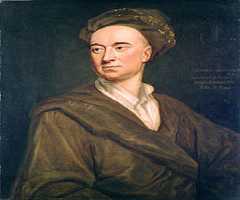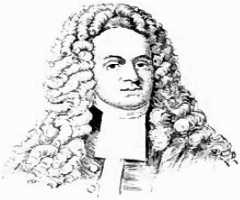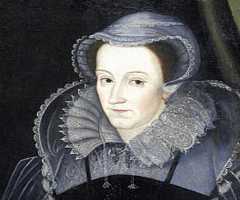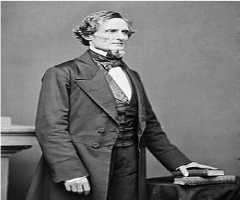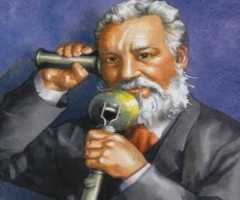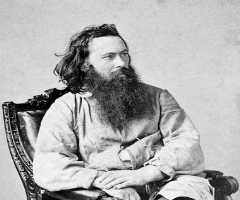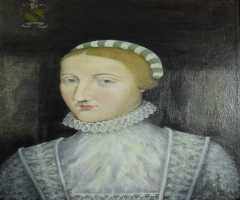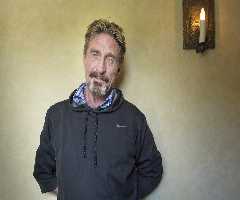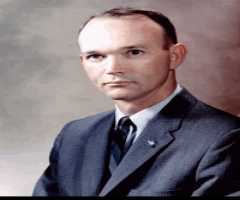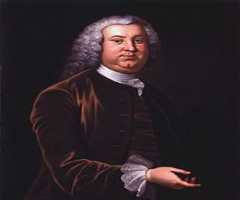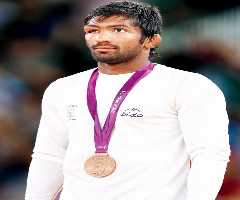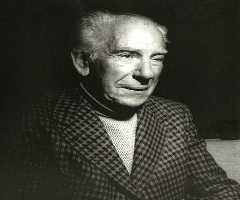Robert Dale Owen Biography, Life, Interesting Facts
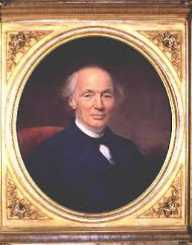
Birthday :
Died On :
24 June 1877
Also Known For :
Birth Place :
Glasgow, Scotland, United Kingdom
Zodiac Sign :
Early Life & Family
Robert Dale Owen was born in the city of Glasgow, Scotland, on November 7, 1801. He spent most of his childhood in the town of Braxfield. His father, Robert Owen, was a wealthy textile manufacturer. His mother’s name was Ann Caroline Dale. He had three brothers, named William, Richard, and David. He had three sisters, named Ann, Jane, and Mary.
Education
Owen began his training with private tutors. At the age of sixteen, he moved to Hofwyl, Switzerland. There, he attended the boarding school of Philipp Emanuel von Fellenberg.
Political Views
Owen’s father was a socialist who advocated for utopian communities. Owen followed in his father’s footsteps. He was an advocate for women’s rights, free schooling, government assistance, and the abolition of slavery. He abandoned Christianity and converted to Spiritualism.
Career
After his graduation, Robert Dale Owen returned to the United Kingdom. He started working in the family textile company. In 1825, he moved to the United States and became an American citizen. He went to the town of New Harmony, Indiana. His father purchased the town and tried to turn it into a socialist community. Owen helped him manage the work.
He was the co-editor of the New Harmony Gazette. After the community fell apart in 1827, he spent some time traveling in Europe. He then moved to New York City and became the co-editor of the Free Enquirer. He also became active in the Working Men’s Party.
In 1833, Owen returned to New Harmony and tried to rebuild the town. He became involved in state politics. He was elected to the Indiana House of Representatives and served two terms. He was a member of the Indiana General Assembly and took part in the Indiana Constitutional Convention. From 1843 to 1847, he was a Congressman in the U. S. House of Representatives.
He served as the head of the Roads and Canals Committee. He also helped in the founding of the Smithsonian Institution. From 1953 to 1958, he lived in Italy and served as ambassador to the Two Sicilies Kingdom in Naples. During the Civil War, he was part of the Ordnance Commission that supplied the Union army. He later joined the Freedman’s Inquiry Commission.
Robert Dale Owen published many tracts that reflected his political views. He wrote many articles for publications such as Scribner’s Monthly and the Atlantic Monthly. In 1870, he released a novel called Beyond the Breakers. In 1874, he released his autobiography, called Threading My Way: Twenty-Seven Years of Autobiography.
Personal Life
In 1832, Robert Dale Owen married Mary Jane Robinson. They had two daughters, named Florence and Rosamond. They also had two sons, named Julian and Ernest. They had two more children who died during infancy. Mary Jane passed away in 1871. In 1876, Owen married Lottie Walton Kellogg.
Later Years
In 1875, Owen had a mental breakdown and was briefly hospitalized at the Indiana Hospital for the Insane. He passed away on June 24, 1877, in his summer home on Lake George, New York. His body was initially buried in Warren County, New York. His remains were later transferred to New Harmony, Indiana.
Legacy
The town of Dale in Indiana was named after Robert Dale Owen in 1843. In 1911, a bronze bust of him was built on the grounds of the Indiana Statehouse in Indianapolis
More Government Officials
More People From Scotland
-
![James Young]()
James Young
-
![Alex Ferguson]()
Alex Ferguson
-
![John Arbuthnot]()
John Arbuthnot
-
![Andrew Hamilton]()
Andrew Hamilton
-
![Mary, Queen of Scots]()
Mary, Queen of Scots
-
![James Gordon Bennett, Sr.]()
James Gordon Bennett, Sr.
More People From United Kingdom
-
![Alexander Graham Bell]()
Alexander Graham Bell
-
![Norman Haworth]()
Norman Haworth
-
![Alexander Gardner]()
Alexander Gardner
-
![Anne Hathaway]()
Anne Hathaway
-
![Benedict Cumberbatch]()
Benedict Cumberbatch
-
![John McAfee]()
John McAfee

